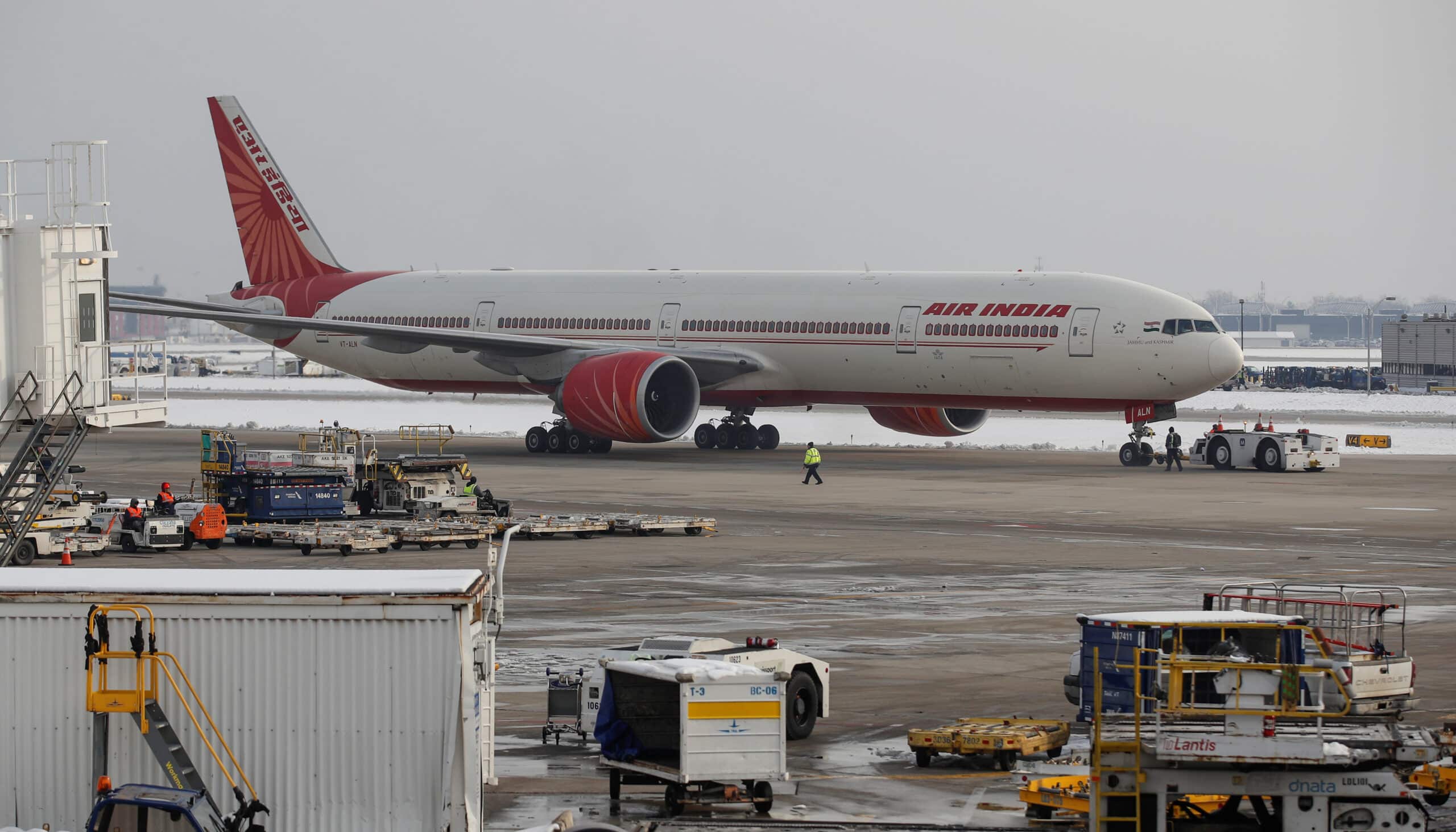Regulatory Audit Uncovers 51 Safety Violations at Major Airline

India’s aviation regulator, the Directorate General of Civil Aviation (DGCA), has identified 51 safety violations at Air India during its annual audit, raising concerns about the airline’s operational standards. This scrutiny comes in the wake of a tragic Boeing 787 crash last month that resulted in the loss of 260 lives, although the violations are not directly linked to that incident. Among the findings, seven were classified as the most serious, although specific details have not been disclosed. Air India has stated its commitment to transparency and plans to address the regulator’s findings promptly.
Audit Findings and Safety Violations
The DGCA’s recent audit revealed a total of 263 safety issues across eight commercial airlines, with Air India accounting for 44 Level 2 and seven Level 1 findings. Level 1 findings indicate serious non-compliance that could significantly jeopardize safety, potentially leading to immediate actions such as suspension or revocation of operational approvals. Level 2 findings, while less critical, still represent safety-related non-compliances that could pose risks. Airlines are typically given up to three months to implement corrective measures, with possible extensions if the regulator approves their action plans.
Air India’s specific lapses remain unclear, but a government report highlighted concerns regarding inadequate pilot training, the use of unapproved simulators, and poor scheduling practices. Reports also indicated that some pilots operating Boeing 787 and 777 aircraft were missing mandatory training duties, raising alarms about operational safety. The DGCA emphasized that regular audits are part of its ‘Annual Surveillance Plan’ aimed at identifying safety gaps and enhancing airline operations in line with international standards.
Regulatory Response and Industry Context
In light of the audit findings, Air India has expressed its intention to respond to the DGCA within the required timeframe, detailing the corrective actions it plans to undertake. The airline’s spokesperson reiterated that the audit was part of routine checks designed to improve operational systems. The DGCA has noted that a higher number of findings is typical for airlines with extensive operations, as the scale of their activities often leads to a broader range of observations during audits.
The regulator has previously reprimanded Air India’s budget carrier, Air India Express, for delaying mandatory engine part replacements and for falsifying compliance records. In response, Air India Express acknowledged the error and implemented remedial measures. DGCA chief Faiz Ahmed Kidwai stated that the information regarding these lapses was obtained through self-reporting by the airline, indicating a growing culture of transparency within the industry.
Safety Culture and Historical Context
Despite the recent findings, the DGCA has emphasized that India’s aviation sector maintains a strong safety record. Kidwai pointed out that India consistently outperforms the global average for accidents per million flights, with only two instances between 2010 and 2024 exceeding the global average, both coinciding with major accidents. The DGCA’s commitment to enhancing safety standards is evident in its ongoing audits and the increasing reporting of technical faults by airlines.
Since 2020, Indian domestic carriers have reported a total of 2,461 technical faults, with IndiGo accounting for the majority. Kidwai noted that the rise in reporting is a positive development, as it fosters a culture of transparency and accountability. He stressed the importance of addressing every reported issue rather than operating aircraft with unreported snags, underscoring the commitment to safety in India’s aviation industry.
Looking Ahead: The Path to Improvement
As Air India and other airlines work to address the findings from the DGCA’s audit, the focus remains on enhancing safety protocols and operational standards. The regulator’s ongoing efforts to identify safety gaps and enforce compliance are crucial for maintaining public confidence in the aviation sector. The commitment to transparency and accountability, as demonstrated by Air India and other carriers, will play a significant role in shaping the future of aviation safety in India.
With the aviation industry under close scrutiny, stakeholders are hopeful that these measures will lead to improved safety outcomes and a stronger regulatory framework. The DGCA’s proactive approach to audits and its emphasis on compliance with international standards will be vital in ensuring that India’s skies remain safe for all travelers.
Observer Voice is the one stop site for National, International news, Sports, Editor’s Choice, Art/culture contents, Quotes and much more. We also cover historical contents. Historical contents includes World History, Indian History, and what happened today. The website also covers Entertainment across the India and World.
Follow Us on Twitter, Instagram, Facebook, & LinkedIn

